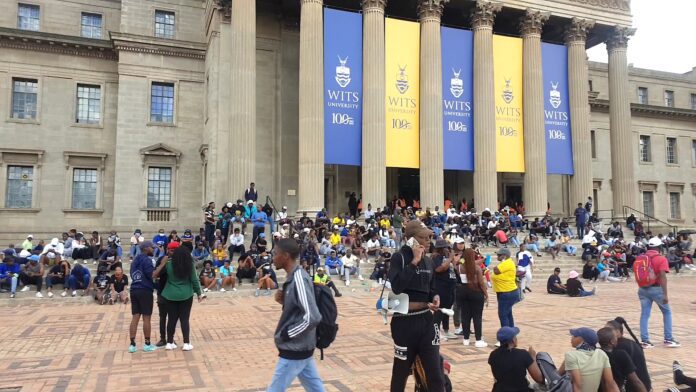Ernest Khosa
The lack of affordable and appropriate student accommodation poses a threat to both the country’s national stability and the maintenance of a conducive learning and teaching environment in our post-school education and training institutions.
This problem is compounded by the phenomenal growth in the enrolment of students. The figure now stands at around 2.2-million, as opposed to about 497 000 in 1994.
This growth, has not been matched by the corresponding provision of student accommodation that some institutions of higher learning are currently providing. Some institutions such as the Howard College campus of the University of KwaZulu Natal were built with no anticipation of the growth in student accommodation.
Some institutions like the University of Limpopo, which has a student population of about 23 000 as opposed to about 3 000 in 1982, are using the very same infrastructure constructed in 1982 to accommodate students.
The biggest residential university in Southern Africa, the Tshwane University of Technology, with a total of 60 000 students, only has 12 000 residence spaces (20%) on their premises to accommodate students.
It is even worse for TVET colleges, the majority of which have to date no provision for student accommodation at all.
The rest is in the domain of private providers.
While some private providers have relatively good facilities, the same cannot be said of others. In fact, the majority are sub-standard and utterly inappropriate for students.
There are cases where students stay in caravans or next to cattle kraals.
According to the 2021 International Finance Corporation Report, South Africa’s student housing sector had a shortfall of as many as 550 000 beds, resulting in a scramble for accommodation at the beginning of the academic year.
The first to snap up convenient accommodation are children from rich families, who have the means to pay upfront deposits to both universities and private providers.
The children from poor families, some of whom travel from deep rural areas into our cities that they have not been to before, are confronted by the need to
interact with real estate on their first day of arrival.
We have also witnessed the rise of the accommodation mafia, roaming around student accommodation facilities and demanding protection fees.
We have also seen the increase in reported cases of gender-based violence and rape of the female students in the shoddy lodges.
This cannot be allowed. It calls for a firm hand of government and a need for a structured collaboration with the private sector. The government’s failure to intervene will be at the peril of the poor and vulnerable.
At the heart of this intervention should be primarily the interests of students and an education system that responsive to the plight of the vulnerable and the poor students.
The state should lead this dialogue, and service providers can only be invitees.
The moment the centre stage is granted to service providers and student interests become secondary, the consequences will only be greed and excessive corruption.
The time to intervene is now.
If we could shock the world by building infrastructure for the 2010 World Cup, can’t we repeat the same spectacle just for once, and this time around for education?



